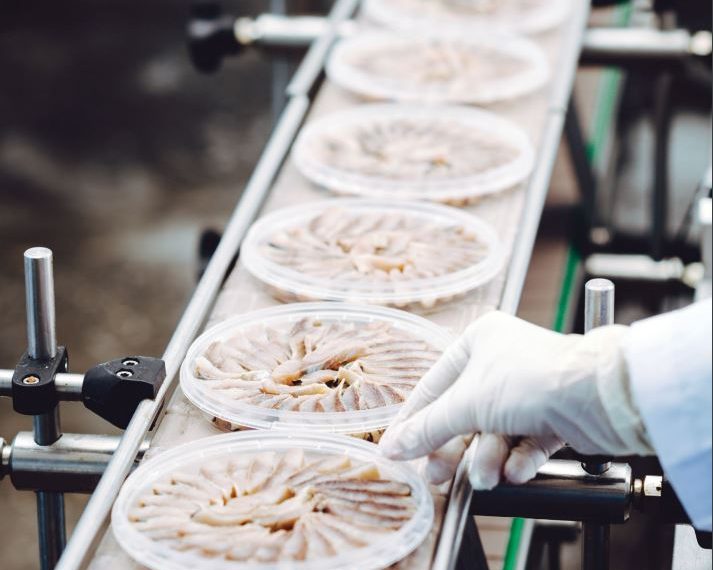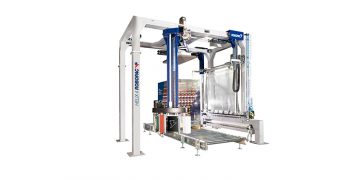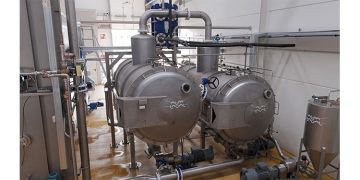In the competitive world of food manufacturing, having the right machinery is crucial for ensuring efficient operations, maintaining product quality, and meeting industry standards. The selection of high-quality food machinery for your factory is an essential decision that can impact your production capacity, product consistency, and overall profitability. This four-page guide aims to provide you with key considerations and factors to keep in mind when choosing food machinery for your food factory.
Understanding your needs before diving into the process of selecting food machinery, it is vital to assess and understand your specific needs. Consider the following points:
Production capacity: Determine the volume of food you intend to produce to select machinery that can handle the desired output.
Product specifications: Different food products require specific machinery. Identify the type, size, and complexity of the products you plan to manufacture.
Automation level: Decide on the level of automation that aligns with your production goals and available workforce. Automated machinery can increase efficiency and reduce labor costs.
Future expansion: Consider your growth plans and select machinery that allows for scalability and adaptability to accommodate future production increases.
Quality and Reliability
The quality and reliability of food machinery directly impact the quality of your products and the smooth functioning of your factory. Pay attention to the following aspects:
Materials and construction: Ensure that the machinery is made of high-quality materials, such as stainless steel, which are durable, easy to clean, and resistant to corrosion.
Hygiene and sanitation: Food safety regulations demand strict adherence to hygiene standards. Choose machinery that is designed with easy-to-clean surfaces, removable parts, and sanitary features to minimize the risk of contamination.
Supplier reputation: Research the reputation and track record of the machinery supplier. Check reviews, customer feedback, and references to ensure their reliability and commitment to customer satisfaction.
Maintenance and support: Evaluate the availability of spare parts, technical support, and maintenance services provided by the supplier. A reliable support system is crucial for minimizing downtime and ensuring uninterrupted production.
Efficiency and Performance
Optimizing efficiency and performance is essential for maximizing productivity and minimizing costs. Consider the following factors:
Energy efficiency: Look for machinery that is designed to minimize energy consumption. Energy-efficient equipment not only reduces costs but also contributes to sustainability efforts.
Throughput and speed: Assess the machinery’s production speed and throughput capabilities. Ensure that it aligns with your desired production targets without compromising product quality.
Automation and integration: Consider machinery that integrates well with other equipment and automation systems in your factory. Seamless integration can improve efficiency, reduce manual handling, and minimize errors.
Testing and quality assurance: Inquire about the machinery’s quality control features. Equipment with built-in testing and quality assurance mechanisms can help maintain consistency and reduce product defects.
Cost and return on investment
While upfront costs are an important consideration, it is crucial to evaluate the long-term return on investment (ROI). Keep the following points in mind:
Total cost of ownership: Consider the entire lifecycle costs, including purchase price, installation, training, maintenance, and energy consumption. A higher upfront investment might be justified if it results in lower operating costs and improved productivity.
Warranty and service contracts: Review the warranty terms and availability of service contracts. Understand the coverage and duration to protect your investment and minimize unexpected expenses.
Financing options: Explore financing options, lease programs, or potential partnerships with equipment suppliers to manage the initial investment and optimize cash flow.
Expert consultation: Seek advice from industry experts or consultants specializing in food manufacturing equipment. Their insights can help you make informed decisions and avoid costly mistakes.





















